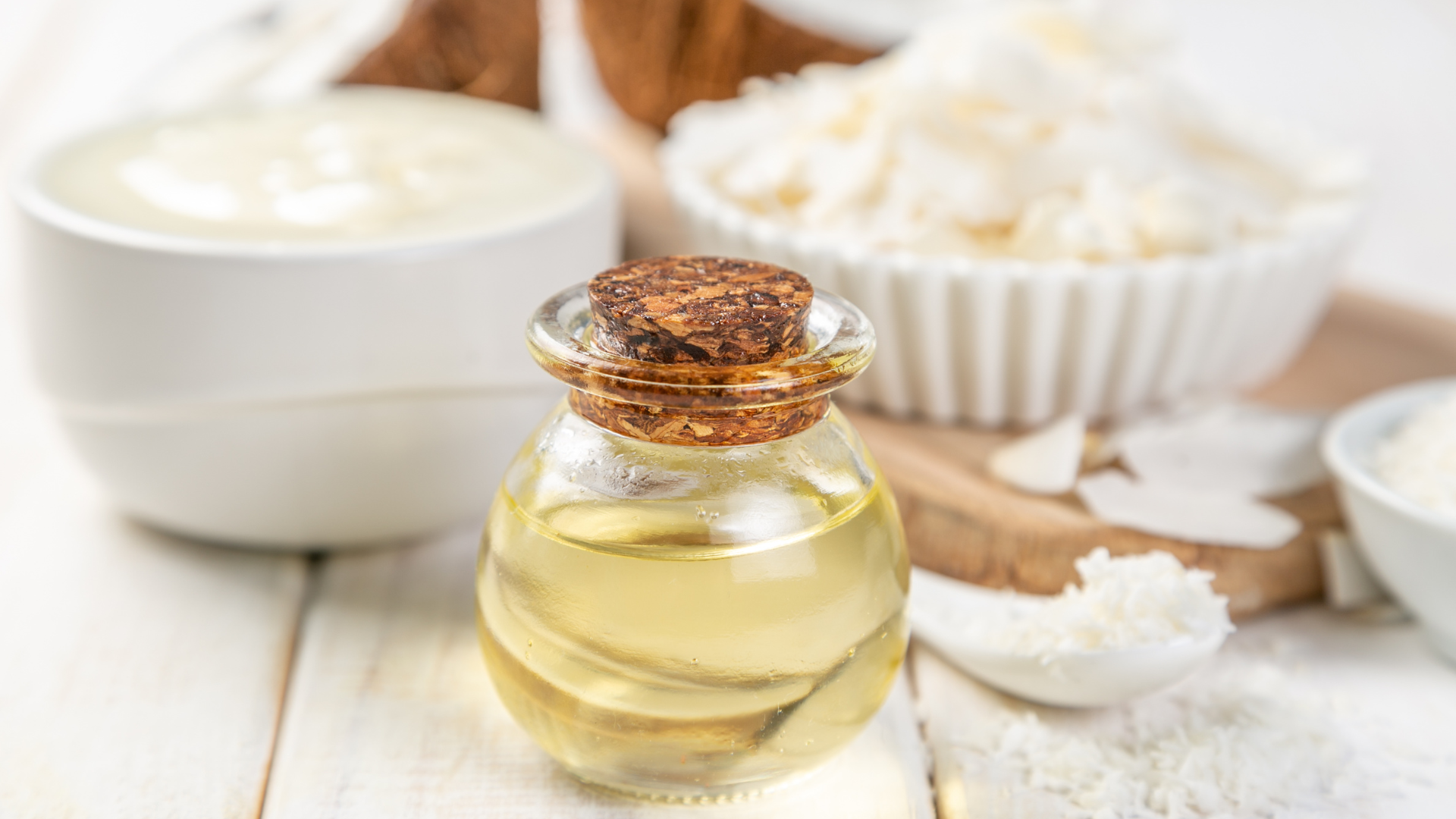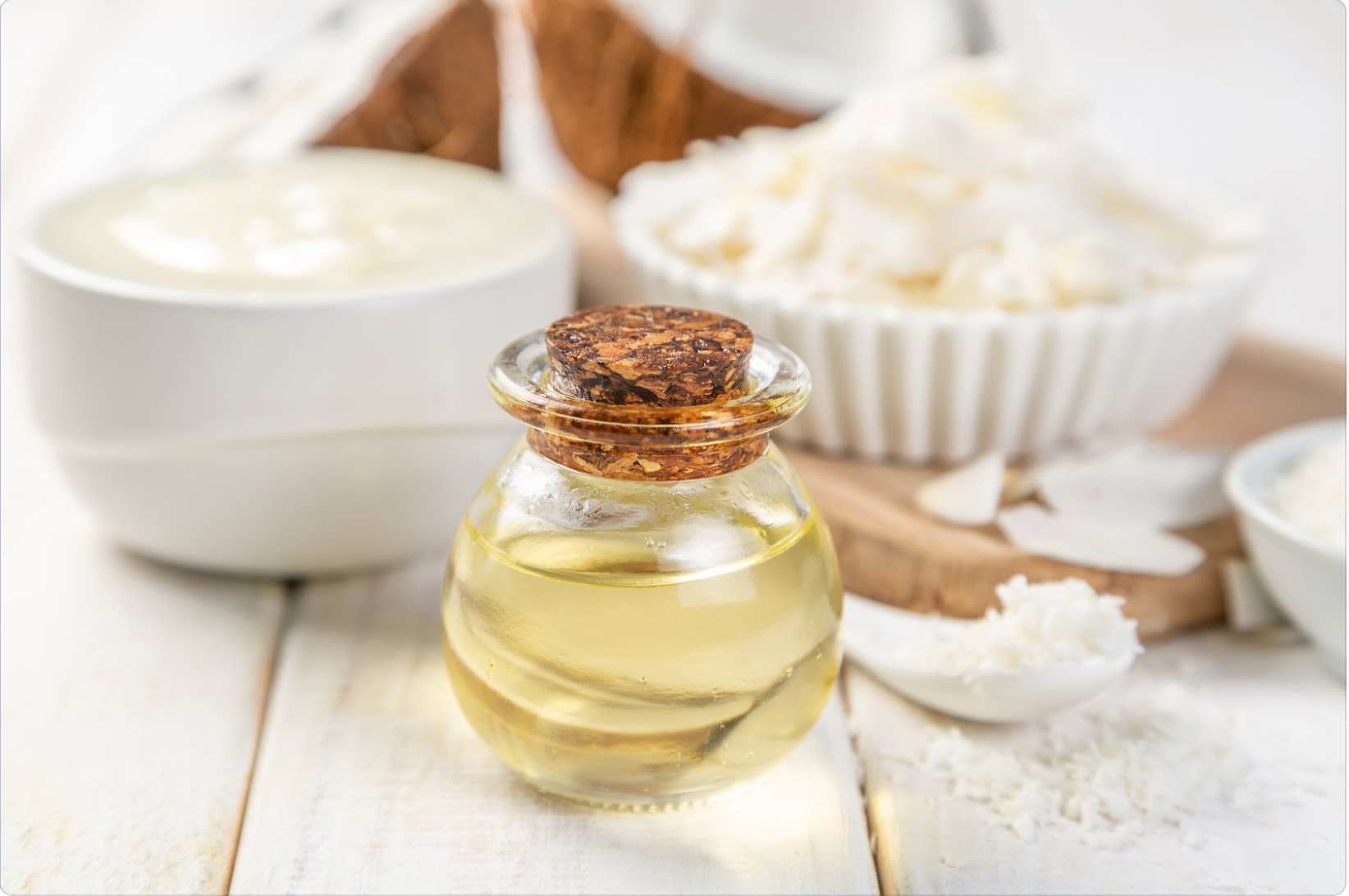Wild Blog
-
Feeling sluggish and unfocused? Perk up your morning routine with MCT oil in your coffee - your secret weapon against the midday slump. This dynamic duo not only kickstarts your day with a surge of energy but also helps curb...
-
MCT oil contains a higher concentration of medium-chain triglycerides (MCTs) than coconut oil. This increased concentration makes it a more efficient option for producing ketones and sustaining ketosis. Coconut oil offers a diverse nutritional profile with additional compounds and nutrients that...
-
Are you ready to unlock the powerful secret of MCT oil? This fantastic supplement, sourced from coconut and palm kernel oils, has been making waves in the health and fitness world with incredible benefits. From promoting weight loss to boosting...
-
In this article, you'll learn whether MCT oil weight loss is fact or fiction and how to use MCT oil for weight loss.



